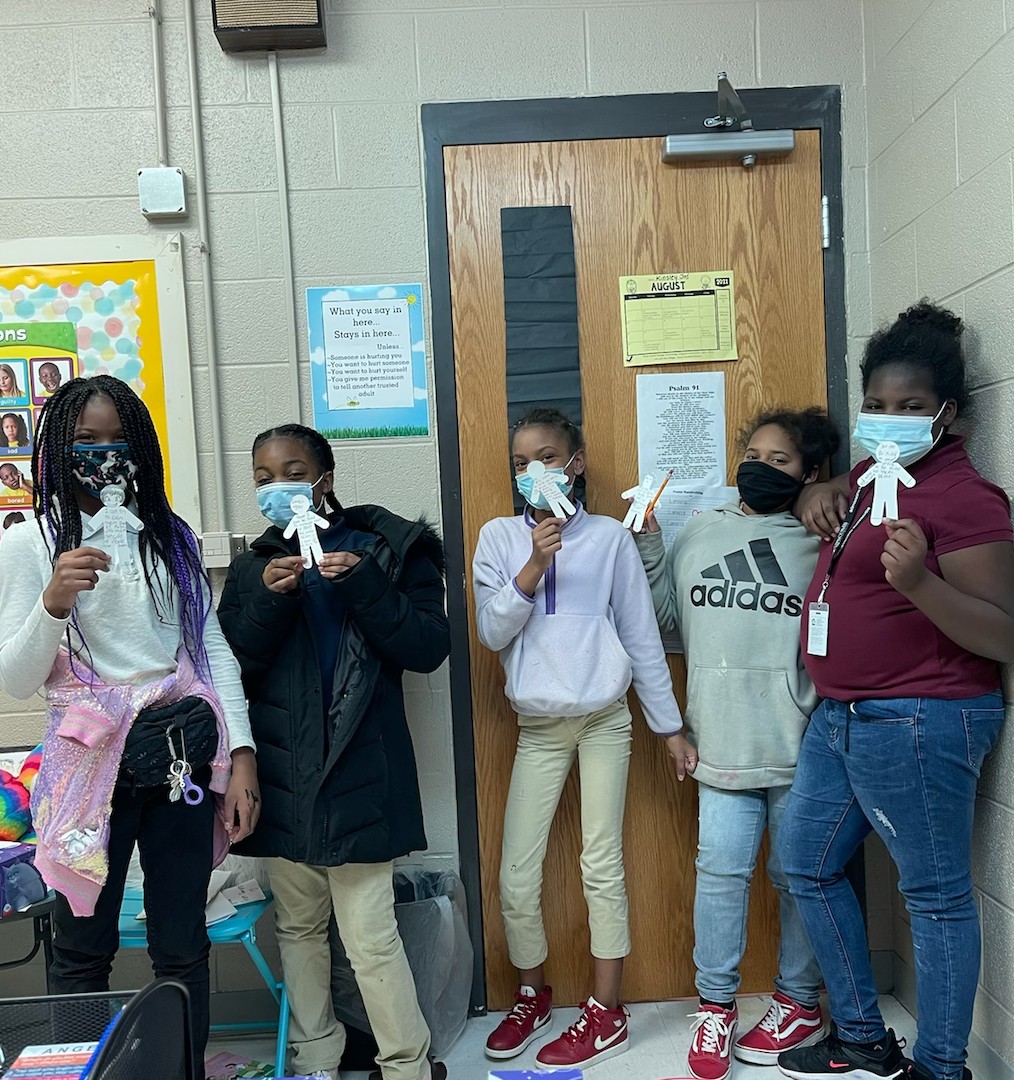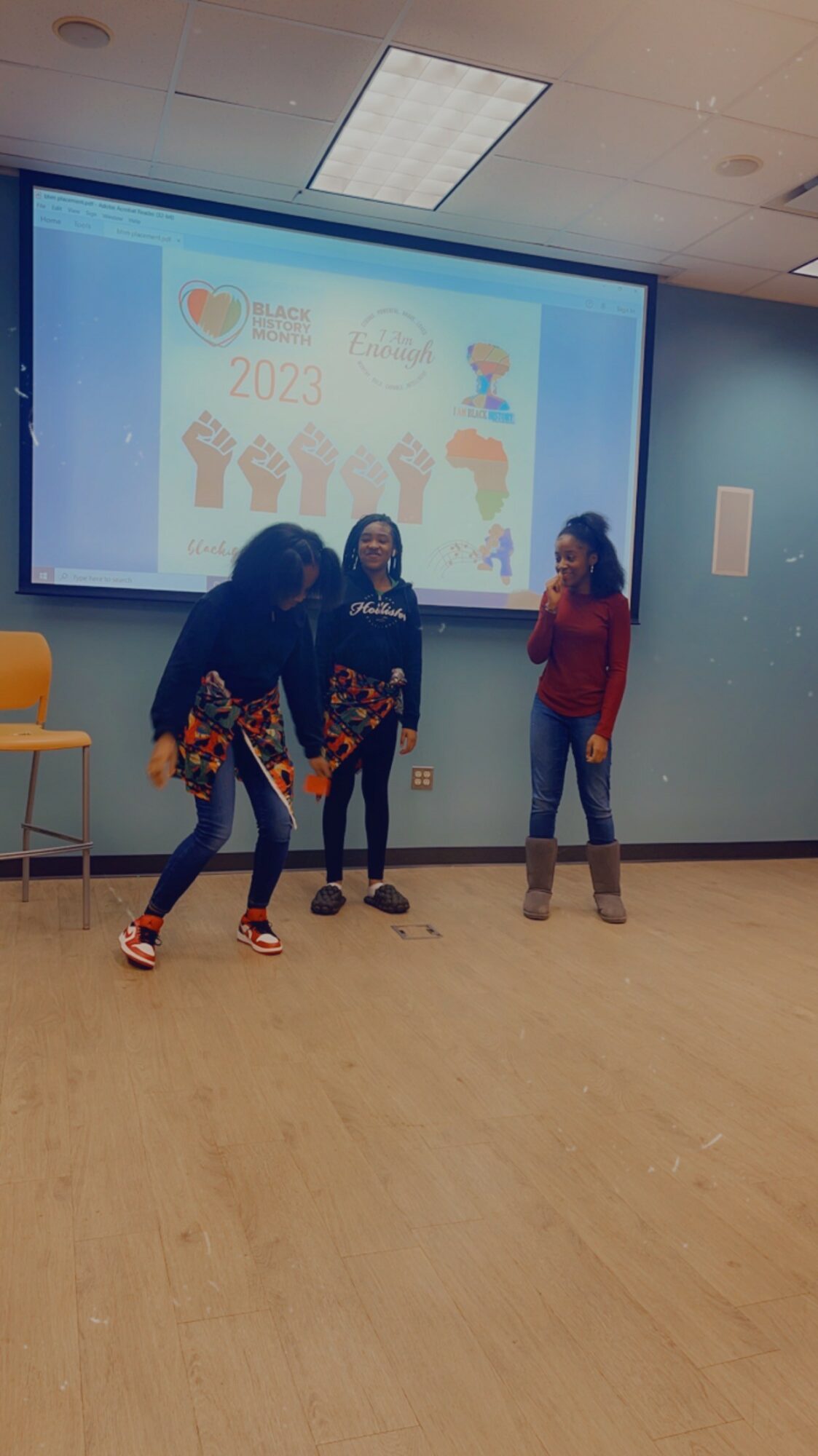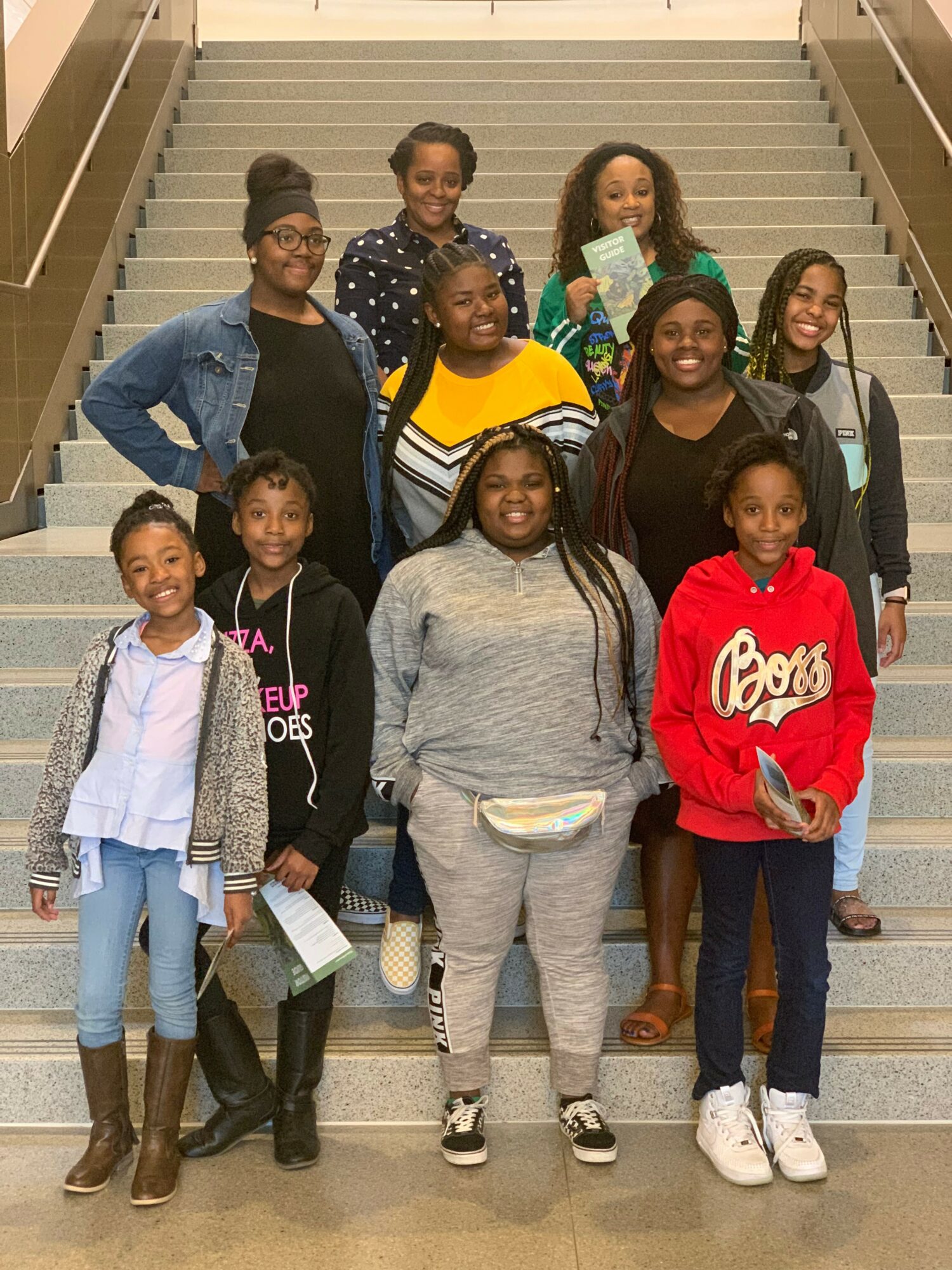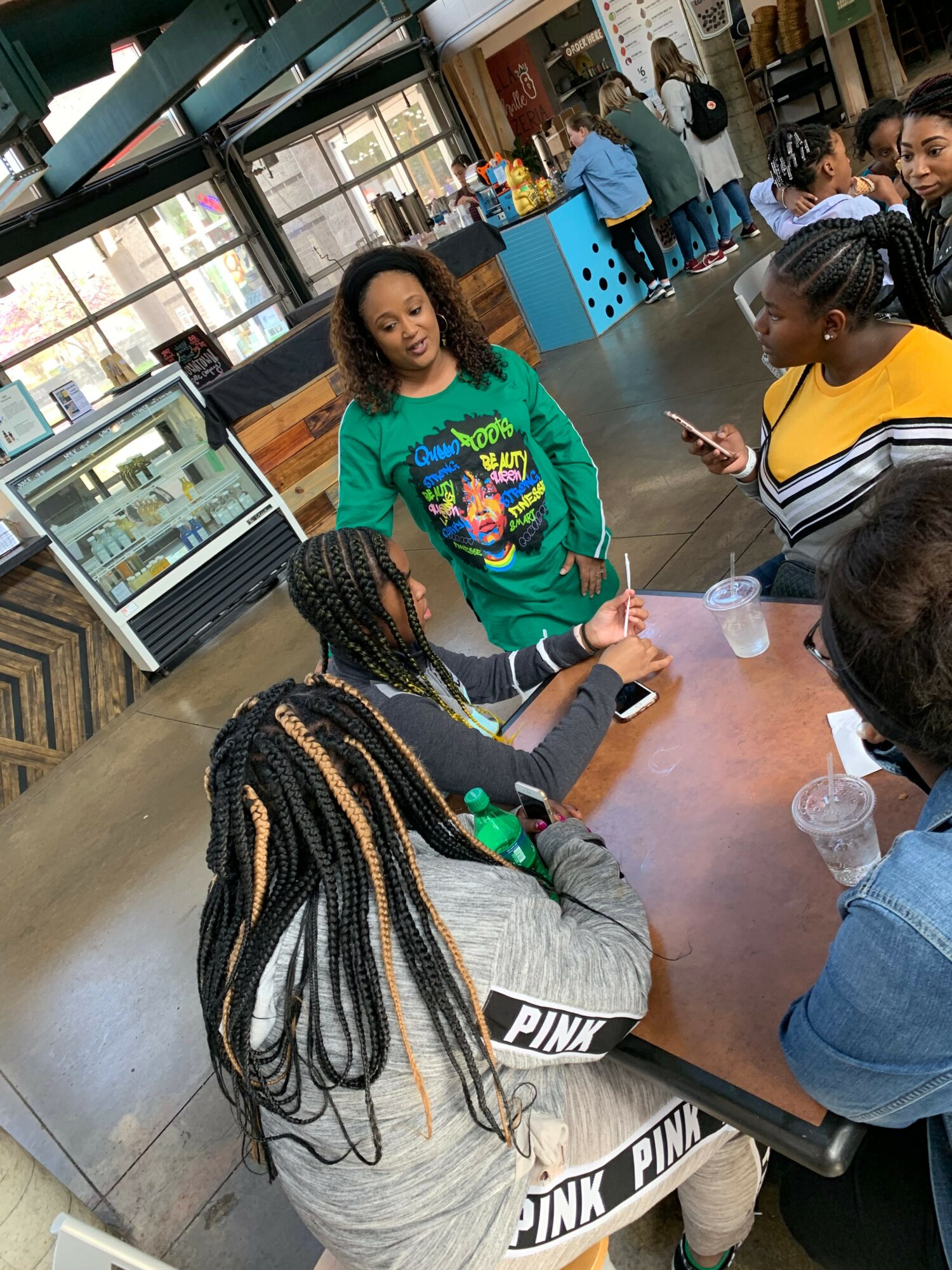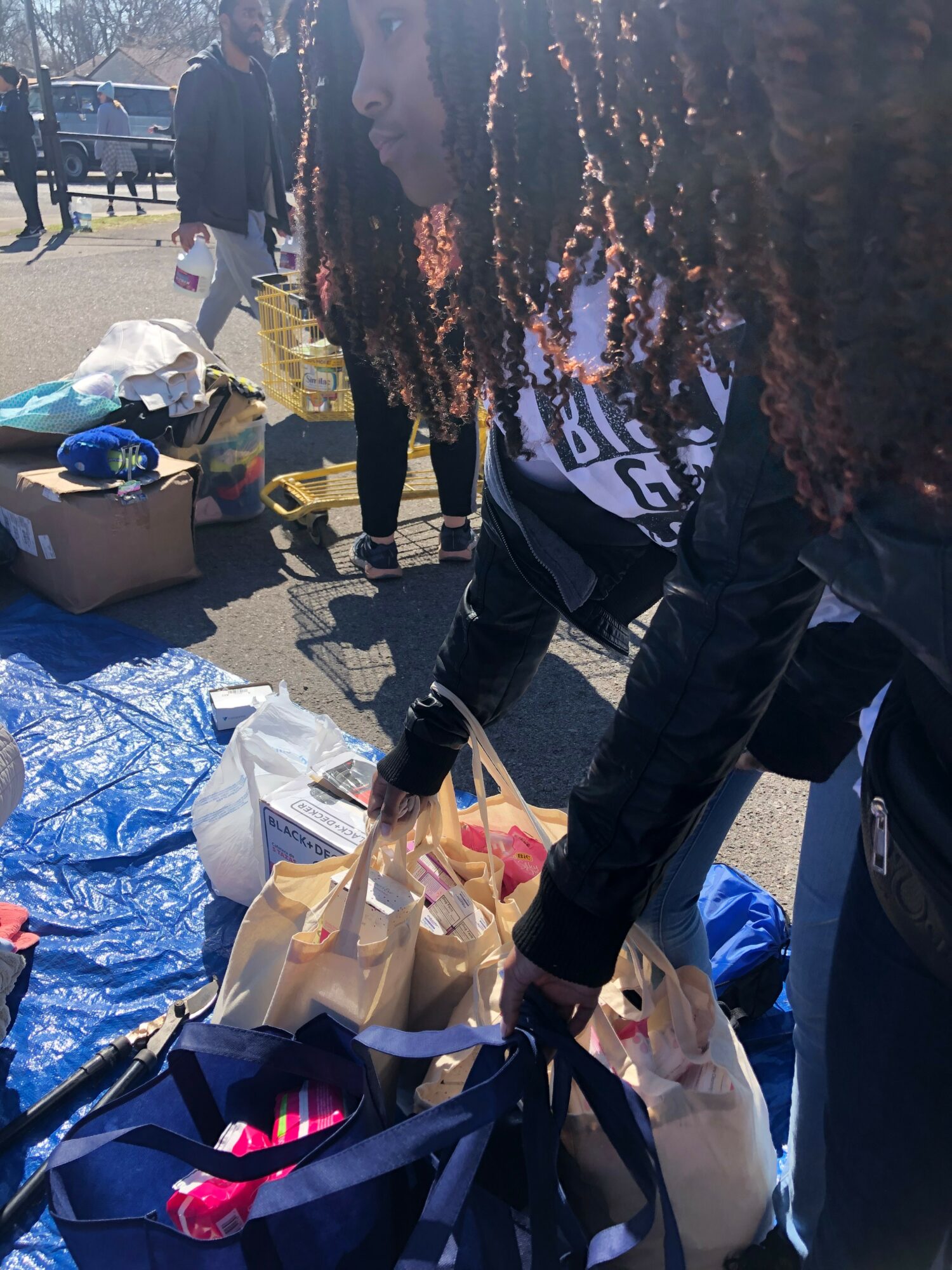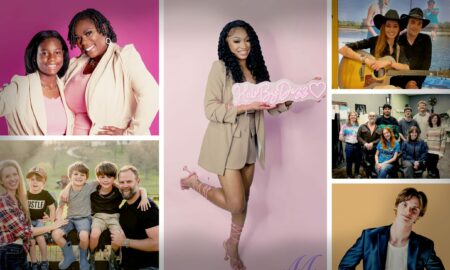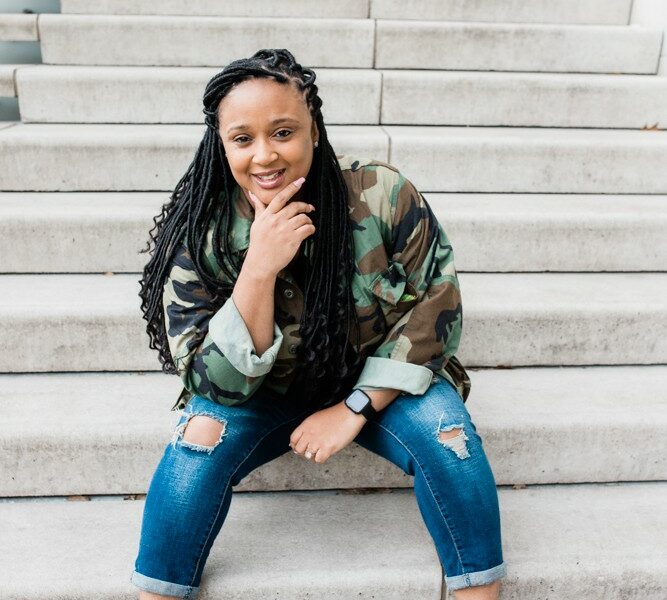

Today we’d like to introduce you to Dr. Terrica Arnold.
Hi Dr. Arnold, so excited to have you with us today. What can you tell us about your story?
Imagine living in a society where you turn on the TV log into your social media account or tune into the radio…only to hear/see a story about another black girl or woman being disrespected or treated unfairly or in many cases missing. Unfortunately, this is our reality and too many girls of color grow into women of color that carry immense adverse childhood experiences or ACEs.
In 2018, I realized the truly detrimental outcomes that ACEs have on many of our young people. My daughter had a classmate alongside her sister, murdered by their stepbrother. There was immense grief in the community as family, friends, and strangers poured love into this family. Each day when I walked into my girl’s room, the class picture on the wall stared back at me and that sweet little smiling face was there among her peers. I begin to think about all the moments and family dynamics that led to that specific moment.
I wondered if there were any ACEs present. Were there ACEs that the stepbrother encountered as he was growing up? Many of the children we see walking to school each day or playing in the park may be experiencing ACEs. I challenged myself to determine how and where I could help. I particularly wanted to help young Black girls navigate traumatic experiences. In walks Black Girl Lessons, a safe space where young girls can show up and express their deepest hurts and find support through mentorship and social programming.
Alright, so let’s dig a little deeper into the story – has it been an easy path overall and if not, what were the challenges you’ve had to overcome?
Addressing adverse experiences is never easy. Along this journey, we have tested different methods of “creating a safe space” and “encouraging participants to engage”.
Many of us find it difficult to open up about past hurt. This is one of the first steps toward healing and progress. Other challenges include the pandemic. Moving this experience from in-person to a virtual platform and then navigating both in order to reach people where they are comfortable.
Alright, so let’s switch gears a bit and talk business. What should we know about your work?
I am a higher education professional. I have worked in higher education at three different HBCUs (Historically Black Colleges and Universities) in Nashville for 13 years.
My current work includes teaching, health policy programming and research, health disparities community programming, and youth violence deterrence programming. I am honored to work in this space and help underserved communities.
Can you tell us more about what you were like growing up?
I am the big sister. With three young siblings, I decided, I was the boss. I always had a plan of how the make-believe game or situation would need to happen. I was also the girl that would jump a fence in a dress or create a whole meal out of the finest berries, mud, and tree bark.
As I grew into a young adult, I read a lot (dictionary included) and was very focused on my school work and activities at church. I loved to talk (still do) and write. I also had a phase where you would find me with an electronic nail drill and bag full of nail polish, hoping to become your next nail tech. I enjoyed watching WWE with my dad and bugging my mom to draw pictures of different cartoon characters.
Contact Info:
- Website: https://linktr.ee/blackgirllessons
- Instagram: @blackgirllessons
- Facebook: Black Girl Lessons
